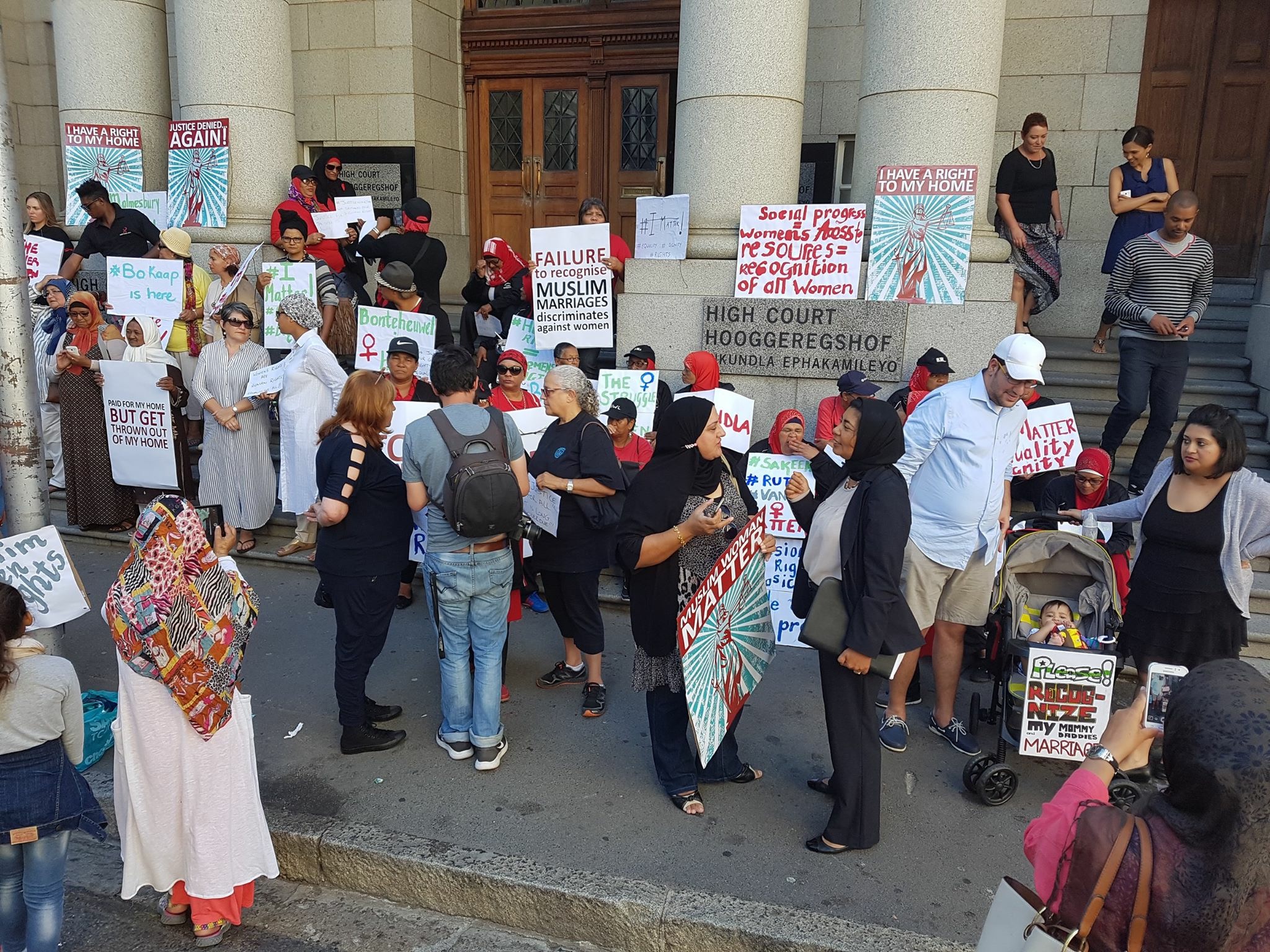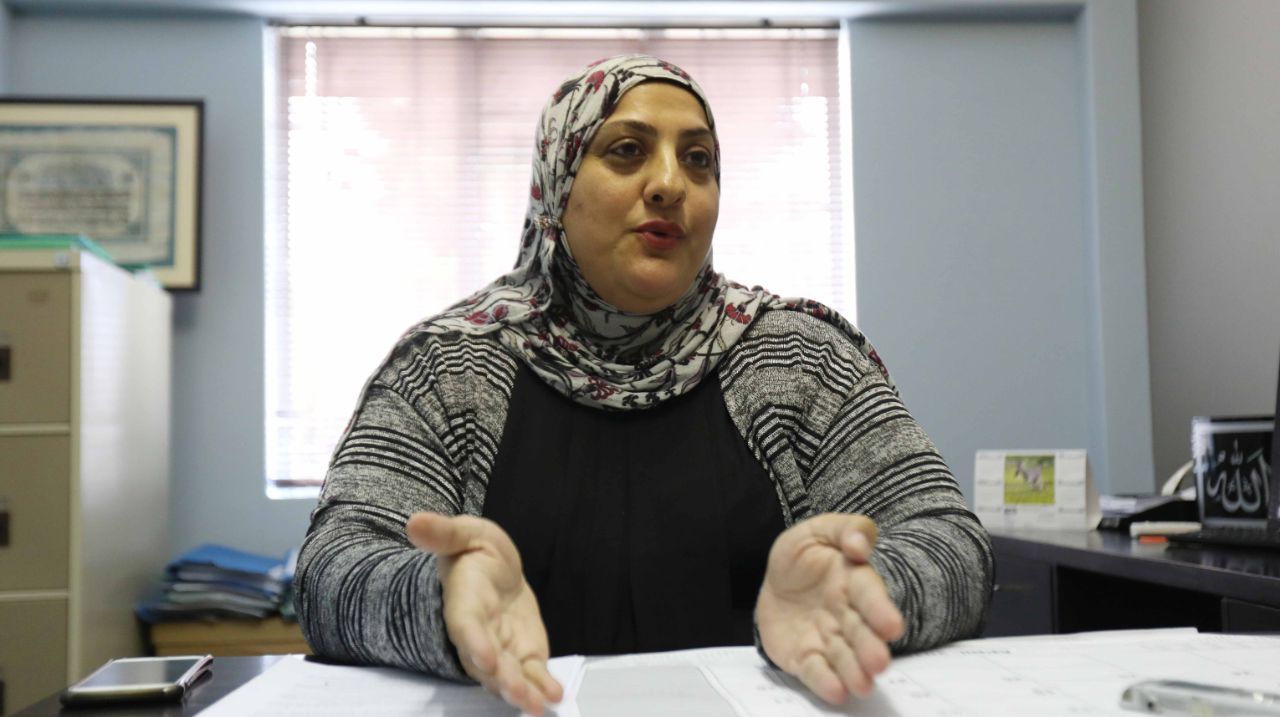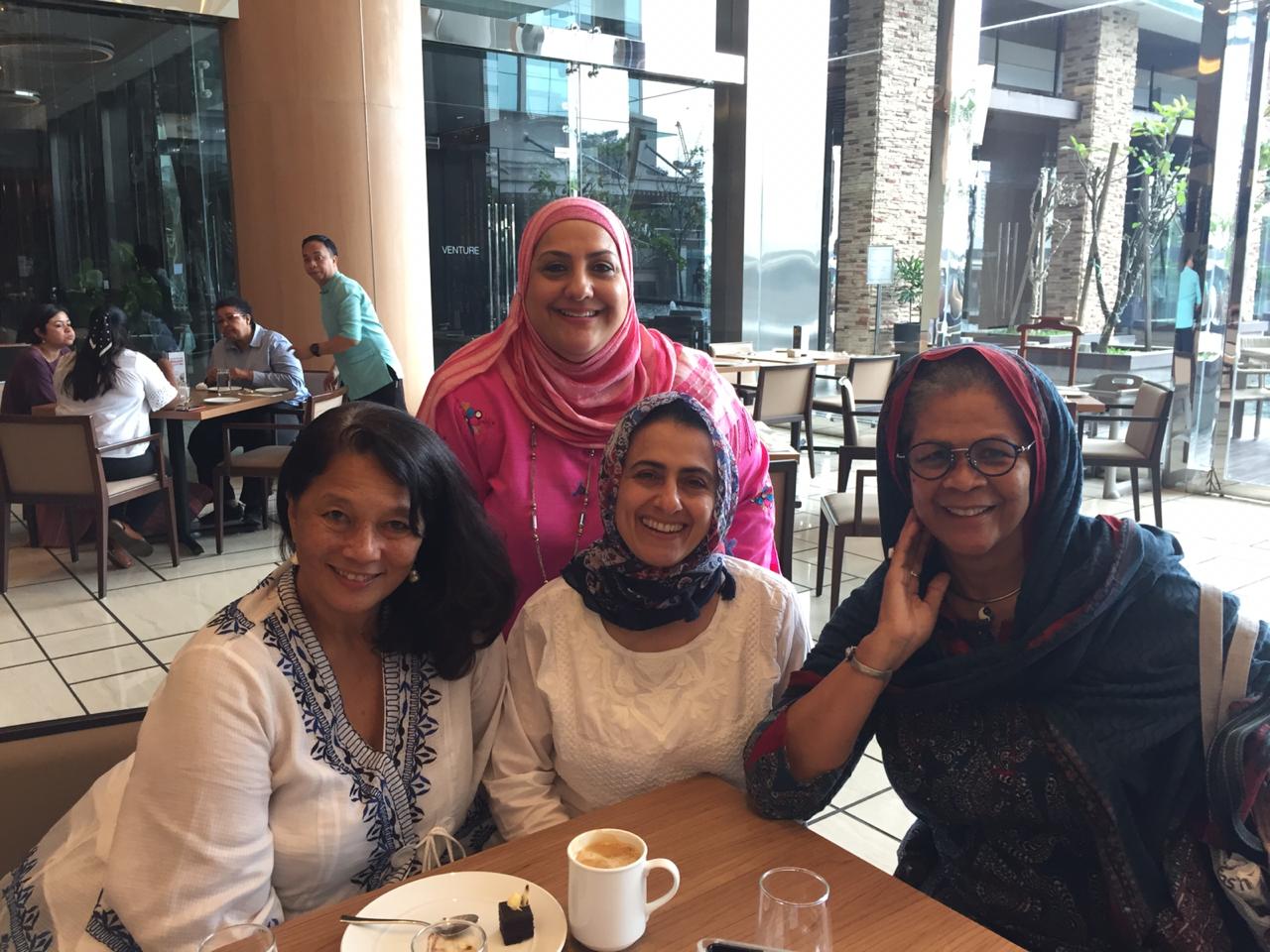
At the outset, I must say that my struggle for an equitable dissolution of my marriage is not unique. Many women around the world find themselves in the same, if not worse position as me. I was a 20-year-old student when I got married and continued to study during the first year of my marriage, while assisting my former husband in the family business. I was encouraged to give up my studies when my eldest son was born to be a supportive wife and mother, while actively participating in the running of our business. Our aim as a couple was to work hard and save towards our retirement. We both made many sacrifices to get to the financially stable position we were in at the time of our divorce.
I found myself in 2014, after 19 years of marriage, as a mother of three sons, cast out after all the blood, sweat and tears, without a cut and dried entitlement to a share of the assets accumulated together during our long-standing marriage. I faced an uncertain future and no financial stability. My work prospects were limited as I had no other work experience, and my age was a factor too. I was 40 years old.
After months of trying to resolve the matter amicably and without the need to litigate, I was forced to issue summons in 2015 as we could not agree on what was a fair settlement. I remained at the mercy of my ex-husband until the matter was resolved, a process which took almost 5 years, without a trial date being allocated. During this time, I had to accept whatever he decided to pay in the way of maintenance.
Breaking barriers

Culture and society have always attached a woman’s identity, value and worth to being a wife, mother and the one on the side-lines who is always helping others to achieve their dreams at the expense of our own, so when a marriage ends, it feels like death. Only someone who has experienced it will understand the tremendous effort it takes to start over. Divorced women are viewed as a burden, a liability and someone unworthy of respect. In South Africa, we are forced to turn to self-appointed, male-dominated institutions who still view matrimonial issues through a very patriarchal lens.
Children are highly sensitive to the situation, which is a traumatic experience for them. Often, divorce impacts on their psychological and physical health. For women, the effects of the divorce include a decline in finances, an increase in financial responsibility and work, higher levels of stress, physical and mental fatigue as well as potential ill health.
I did not want my sons and me to be a negative statistic. So, in 2016 I used some of my savings to enrol in a paralegal course which was conducted part-time every Saturday. It had always been my childhood dream to be a lawyer, but, as a teenager I had been deterred from following my dream. In the end, I completed my course as the top achiever. It was such an exhilarating experience, being announced top achiever in front of a packed auditorium, and the pride on my children’s faces was priceless.
In 2017 I submitted my CV in response to numerous advertised job vacancies and was shortlisted a few times. The one thing that always weighed against me was my age and lack of corporate work experience. It was soul-destroying to be turned down each time, while knowing that my sons were being deprived of the comforts they had been used to while growing up.
Finding my voice

In the same year, I went to the High Court to support the Women’s Legal Centre’s application for the recognition and regulation of religious marriages in South Africa. This was the catalyst for to me join the Muslim Personal Law (MPL) Network, as well as an NGO called Positively Muslim. Being part of these organisations afforded me opportunities to present at workshops, thereby raising awareness of the plight of Muslim women and children in South Africa. Doing radio, TV and print media interviews, as well as becoming part of the MPL Network’s team to recently submit recommendations to CEDAW and the South African Law Reform Commission has enabled me to amplify the voices of so many vulnerable women and children who are forced into silence and submission.
I decided to take the plunge and apply to study for my LLB degree at the University of South Africa in 2018. Because of my financial position, I could not afford to register for the full complement of modules, and it seemed like I would take 5-6 years to complete my degree. This did not discourage me as I was determined to achieve my childhood dream.
In March 2018, I was interviewed for a secretarial position at a small law firm near my home. I am forever grateful to my boss for believing in me and employing me when I had absolutely no experience.
Spreading my wings

Regarding my case at the High Court — after almost 6 years of trying, I was eventually backed into a corner due to the financial strain I suffered trying to get the matter trial ready.
In 2020 I finally accepted a settlement offer, which was far less than I believe I would have received had I seen the matter to the end, or had my marriage been governed by the same laws as other civil marriages. I was now able to put that struggle behind me and turn my focus to effecting change in a bigger way.
While it was perceived by others that my divorce should have been something that signaled the end for me, it was in fact the beginning of a life-changing journey for my sons and me. My journey is far from over and while I continue to aspire to fulfil my dreams, it is my sincere hope that I can use what I have learned to effect change in the lives of other Muslim women; to be a catalyst for women to realise that anything is possible.
Women need to recognise the power of their voice. Allah has given us a heart to feel, a mind to think and a voice to speak. We should all, in some way or another, whether by action or through words, use our voice to stand firm against injustice and oppression. We cannot continue to sabr until we end up in our qabr. Now, I am completing my contract of articles, in preparation for admission as an attorney.
Men and women must have equal access and rights when it comes to divorce. Read Musawah’s Policy Brief 4: Equal Divorce Rights in Muslim Family Laws.
Ayesha Royker (Chairperson of MPL Network, Cape Town, South Africa) is a single mother of 3 sons. She is a candidate attorney and is completing her articles of clerkship at a law firm in Cape Town. Ayesha’s personal struggle for her rights has made her passionate about advocating for women’s rights which lies in the education and empowerment of women and youth in her community, by speaking out against systemic injustices against women and children. She has been involved in various workshops and has presented at numerous events relating to the effects of the non-recognition and non-regulation of Muslim marriages in South Africa, most notably presentations at workshops to the statutory Commission for the Promotion and Protection of the Rights of Cultural, Religious and Linguistic Communities (the CRL Commission) as well as at Musawah’s global conference on family law reform.
